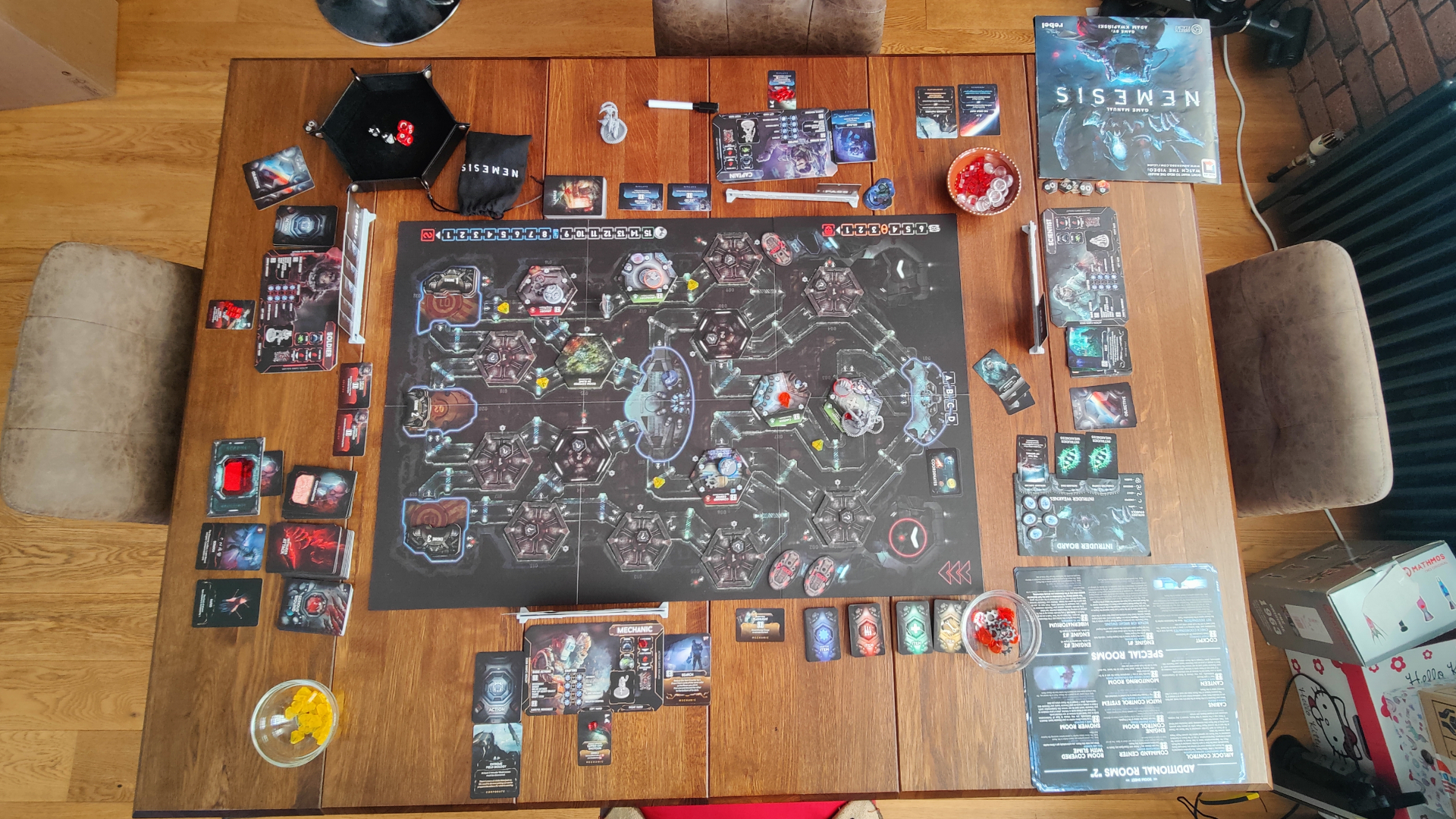Poll: Support Still Strong for NASA’s Space Exploration Vision
American support remains strong for NASA's plan to complete the International SpaceStation (ISS), retire its shuttle fleet by decade's end and move on to the Moon and Mars, according to poll results released Monday.
The new survey - the last of a three-part series sponsored by the industry group the Coalition for Space Exploration - found that more than two-thirds of Americans polled support NASA's stepping-stone approach to returning astronauts to the Moon, provided the effort's cost does not exceed more than one percent of the federal budget.
"I think the stability of the numbers over time is probably the most significant thing,"Jeff Carr, chairman of the Coalition of SpaceExploration, told SPACE.com of the three surveys. "Our mission is to help broaden the public's awareness of the value and benefits of space exploration."
NASA'svision of space exploration calls for the U.S. space agency to complete ISSconstruction - which resumed this month during the STS-115shuttle mission - by 2010, then retire its shuttle fleet to make way forthe new Orionspacecraft and its Aresboosters. The next crewed missions to the Moon are slated for 2018under the exploration plan.
The Princeton, New Jersey-based Gallup Organization conductedthe new poll for between Aug. 2 and Aug. 19 in a telephone survey of 1,000adults of age 18 or older. The new poll follows similar surveys in March 2006and June 2005.
In the mostrecent poll, more than 60 percent of those surveyed stated they supportedNASA's human space exploration efforts.
Of the 63percent of those polled stating that the U.S. should continue to fund NASA'sspace exploration efforts, 32 percent said exploration should continue at thecurrent funding level, while 22 percent supported a slightly increased leveland nine percent preferred a significant funding increase.
Breaking space news, the latest updates on rocket launches, skywatching events and more!
NASA's Fiscal Year 2007budget request calls for about $16.8 billion to support space exploration -a one percent increase over 2006 - and represents a cost of about $58 per yearfor the average taxpayer, coalition officials said.
The new Gallup poll also foundthat about 69 percent of those surveyed agreed that the risks of humanspaceflight were worth the technical and scientific advancement stemming fromsuch an endeavor. A similar 69 percent also reported little or no concern thatthe U.S. will lose its spaceleadership role to China,which has announcedplans to send probes to the Moon by 2017, with manned missions to follow by2024.
"What we're finding is that, simply given the informationthe public response is extremely favorable," Carr said. "And that's aterrific sign for the vision."

Tariq is the award-winning Editor-in-Chief of Space.com and joined the team in 2001. He covers human spaceflight, as well as skywatching and entertainment. He became Space.com's Editor-in-Chief in 2019. Before joining Space.com, Tariq was a staff reporter for The Los Angeles Times covering education and city beats in La Habra, Fullerton and Huntington Beach. He's a recipient of the 2022 Harry Kolcum Award for excellence in space reporting and the 2025 Space Pioneer Award from the National Space Society. He is an Eagle Scout and Space Camp alum with journalism degrees from the USC and NYU. You can find Tariq at Space.com and as the co-host to the This Week In Space podcast on the TWiT network. To see his latest project, you can follow Tariq on Twitter @tariqjmalik.
